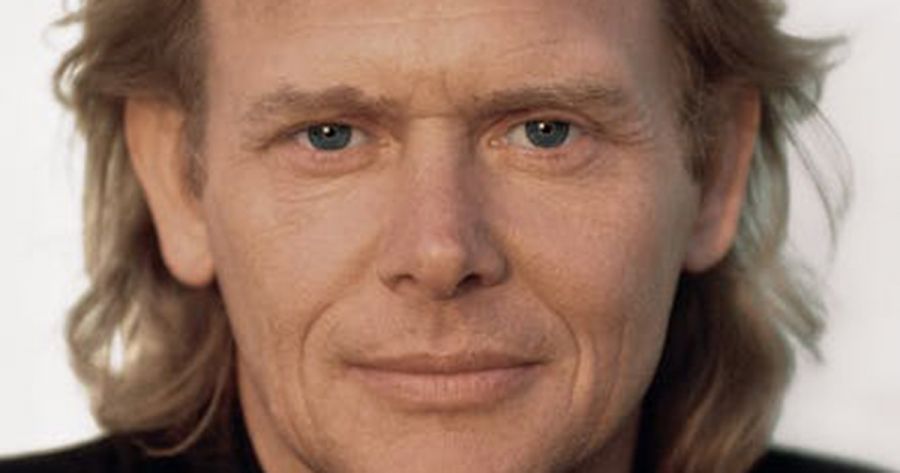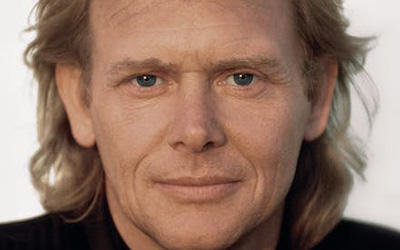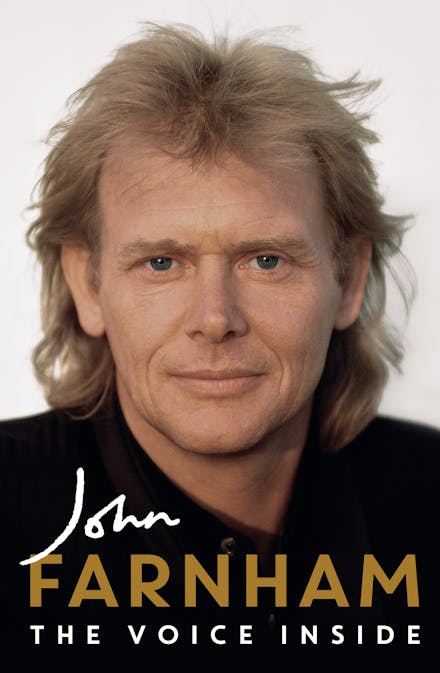
- Free Article: No
- Contents Category: Music
- Review Article: Yes
- Article Title: Intimate connections
- Article Subtitle: From Cleaning Lady to the Voice
- Online Only: No
- Custom Highlight Text:
It is dreadful to lose one’s voice. Most of us can mime our way through an episode of laryngitis or the anaesthetised numbness that follows dental surgery, confident that normalcy will return. But imagine knowing that normalcy was gone for good. As Flora Willson recently put it, there is an ‘intimate connection between voice and identity’. We are the sounds we make.
- Featured Image (400px * 250px):

- Alt Tag (Featured Image): Joshua Black reviews ‘The Voice Inside’ by John Farnham with Poppy Stockell
- Book 1 Title: The Voice Inside
- Book 1 Biblio: Hachette, $49.99 hb, 368 pp
- Book 1 Cover Small (400 x 600):

- Book 1 Cover (800 x 1200):

- Book 1 Readings Link: https://www.readings.com.au/product/9780733652745/the-voice-inside--john-farnham-poppy-stockell--2024--9780733652745#rac:jokjjzr6ly9m
For fifty-five years, John Farnham made a living using his voice. It became central to our national soundscape – until it stopped. First, there was the Covid-19 pandemic, which shut everything down in the music industry. Then, in 2022, Farnham was diagnosed with a malignant mouth tumour and underwent a dangerous twelve-hour surgery, followed by radiotherapy. The treatments were life-saving, but the physical cost (to say nothing of the mental health effects) was high. Although his voice box was undamaged, his lower face was profoundly disfigured. ‘I can’t open my mouth wide enough for a strip of spaghetti,’ he explains, ‘let alone sing a top C.’ To live, Farnham had to surrender control of the organ that had given him so many opportunities.
Farnham was often asked to write a memoir, but ‘never wanted to do it’. The success of Poppy Stockell’s 2023 documentary Finding the Voice (which I reviewed for ABR Arts) suggested that such a book would sell, but this memoir is not just designed to capitalise on that success. The Voice Inside seems an effort to find new ways of storytelling outside Farnham’s natural medium of stagecraft. That would be a daunting adjustment, and the author admits as much at the end of the book. The prose, derived largely from Farnham’s interviews with his co-author Stockell, is conversational and casual, if not always artful. Two guest chapters from his wife, Jillian, add to the sensation that the reader is chatting with Stockell and the Farnhams over evening drinks.
There are some new admissions and anecdotes in The Voice Inside. Most strikingly, we learn that Farnham was repeatedly drugged by his first manager, the ‘abusive’ Daryll Sambell, who wanted to control young Johnny’s every waking hour. But the memoir largely follows the path paved by Stockell’s documentary. Farnham recounts his childhood memories of working-class London and his family’s 1959 voyage to Melbourne (during which he nearly fell into the sea). He describes his journey from plumber-in-training to chart-topping artist with the novelty single ‘Sadie (The Cleaning Lady)’ in 1967, and the following decades of professional prejudice, mismanagement, and lack of credibility that came with Sadie’s long shadow.
The book hinges on the story of Farnham’s career revivals, beginning with the 1980 album Uncovered and the reinterpreted Beatles classic ‘Help’. After his brief stint with the declining Little River Band, and with the full support of Jill and manager (‘like a brother’) Glenn Wheatley, Farnham made Whispering Jack and the hit single ‘You’re the Voice’. That record-breaking album, and its sequel Age of Reason, are the pinnacle of this book, which concludes with reflections on collaborators, late-career performances, and the recent health challenges. Those interested in the later part of Farnham’s career, and the farewell tours for which he became (unfairly) notorious, will find relatively little here, though biographers Jane Gazzo and Jeff Apter have offered accounts elsewhere. There are plenty of colourful characters, from ‘funny’ Bob Hawke to ‘dodgy’ businessman Christopher Skase. On the world stage, Farnham brushes shoulders with Ray Charles and Stevie Wonder, Celine Dion and Coldplay. But the heart of the book is its reverent picture of family life, marriage and fatherhood, quality friendships lost and enduring. Unlike the larrikinism that men like Hawke or Skase represented, Farnham’s is another form of Australian masculinity whose chief, enduring appeal is its gentle domesticity (leavened with a fair few expletives).
The memoir is also a serious portrait of the entertainment profession, a tour through the underground (specifically, gay) clubs of the 1960s, the television studios of the 1970s, and the suburban Leagues clubs of the 1980s. We learn much about the mechanics involved in producing a record and the chemistry required for a successful stage show. There are professional disputes and criticisms, some of them unresolved, but also plenty of self-criticism. Those falsettos in the chorus of ‘Age of Reason’, Farnham now admits, could have been more full-bodied.
Like Farnham’s music, this memoir is open and accessible, engaging and inoffensive. It is also distinctively Australian, the story of a child migrant whose adopted home provided him opportunities to thrive and celebrated him as Australian of the Year in 1988 (of all years). The singer does not resile from his choice to prioritise his Australian life and career over the prospective lucre of the larger American market: ‘I would rather live in Australia thank you very much.’ He has often been deployed in the mainstream media as a symbol of Australian culture, but that cultural nationalism is more convincing here because it is less insistent upon itself than any feature piece on breakfast television or 60 Minutes.
Farnham was pleased when, in 2023, the Yes campaign for the Voice to Parliament referendum asked his permission to use ‘You’re the Voice’ in their advertising. The Yes campaign hoped the song’s message of empowerment and respect, tinged with its innate Australianness, would move the seemingly unmoveable. Like many, Farnham was disappointed by the result.
Graeme Turner, a leading scholar of Australian popular culture, recently described the Yes campaign’s efforts as ‘poorly executed’, and one imagines he is not exempting that ad. But Turner has also called ‘You’re the Voice’ Australia’s ‘unofficial national anthem’ and celebrated its performance (featuring Gamilaraay man Mitch Tambo) at the Fire Fight Australia concert in February 2020 as a ‘powerful ritual of national unity and celebration’. Clearly, Farnham’s voice is still having effects on the national stage, encouraging those with just causes not to sit in silence. His time on the stage may have come to an end, but that voice will ring out through the ages.


Comments powered by CComment